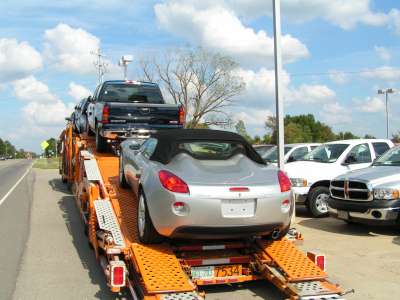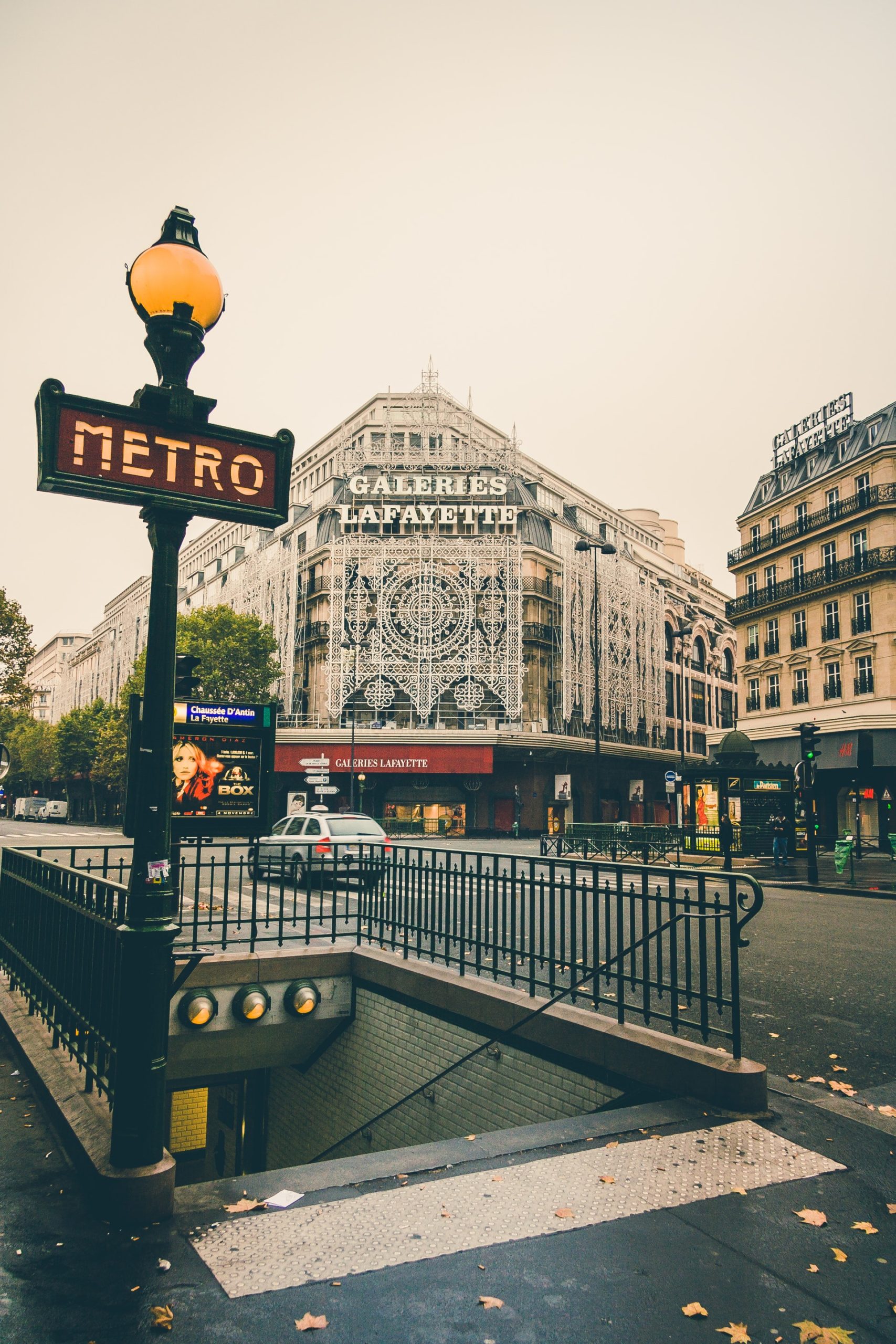Buying local has been part of the American cultural fabric for decades, and that’s what most people don’t think about. Most people are upset, and rightly so, because that all-American modus operandi was turned on its head by massive retailers, mainly, at least to begin with, Walmart.
But now small businesses are strapping it on and not letting the sadness swallow them whole. They’re turning their amps to 11 and rocking loud and proud with a huge host of “local first” and “buy local” campaigns all across the country.
The good news for small retailers is that young people today love to support small businesses, are totally into the 99% culture, and want to do what they can to keep corner stores open and the subcultures that come with them alive. This is done by all kinds of groups, and many of these actually began as small time collectives of local small business owners creating alliances within towns and cities, and ultimately states. From Local First Arizona to Think Local Buy Local Be Local in Washington, and from Stay Local! New Orleans to Local First in Vermont, small business owners are empowering themselves and sending a clear message to locals and out-of-towners alike: If you like it here, support us!
What’s interesting is how this groupthink and magic power of the old theory “we are more than just the sum of our parts” is working online and across social media platforms, mainly Instagram, Twitter, and Facebook. When someone finds a new coffee shop they literally like, they virtually “like” it on Facebook, follow it on Twitter and Instagram. The financial wins this has brought to small businesses have been huge, and enough of a cultural shift in financial thinking among young people has them supporting not just local brick and mortar shops, but also online storefronts owned and operated by DBAs, microbusiness owners, or just cool people who make neat things we want for ourselves or our pets, our kitchens or our kids’ bedrooms, and so on. New, hip, and consciously fabricated toys and other wares that are BPA free, chemical free, don’t use animal testing, are organic, or that are able to tout a whole host of new catch phrases and buzzwords to describe them are creating a whole new market. Millennials like to support small business, enjoy products that don’t harm the earth, appreciate sustainability as part of a brand’s identity, and understand there is a deeper value to spending locally.
Many local small business awareness campaigns have been so successful because they are merely bringing into the sightline exactly what many of today’s consumers are into. Young and first-time parents want the baby bottle that is the new age version of what their grandparents used because it was chemical free—they can now find all glass bottles with zero chemicals from local baby boutiques, and also find locally made soaps and solvents to clean everything from baby’s bottle to baby’s bum organically, and in a way that lends peace of mind to buyers who wish to leave behind more than carbon monoxide and dwindling exoskeletons like Flint, Michigan behind for the next generation.
While it may not be entirely unbiased to say that buying local and spending money in a smaller economy always equates to better quality, lower levels of chemical use, or better treatment of workers, it is pretty fair to say that when we support small businesses, we usually get more of what we were looking for in the first place with the knowledge we’re keeping our money in our towns rather than shipping it out to another state, or of course and far more likely, China.
Many people fear the small business model because they don’t think they have what it takes to stick around. Why would you buy a new stereo from a local shop that may not be there next month? But it is exactly this kind of thinking that has consumers suckling from the mass retailer even when we hate them, and hate ourselves for doing it. It does mean some risk-taking, but it doesn’t have to be thoughtless or reckless abandon for our bank accounts. Saving our local economies is one of the best ways we can ensure we ourselves have employment, and something worthy of exporting rather than depending solely on imports and ways of thinking that have been canned and labeled for us before we even see them.
Keeping your money close is a smart investment, and if you plan to live and raise kids where you are right now, keep thinking small and spending big.




